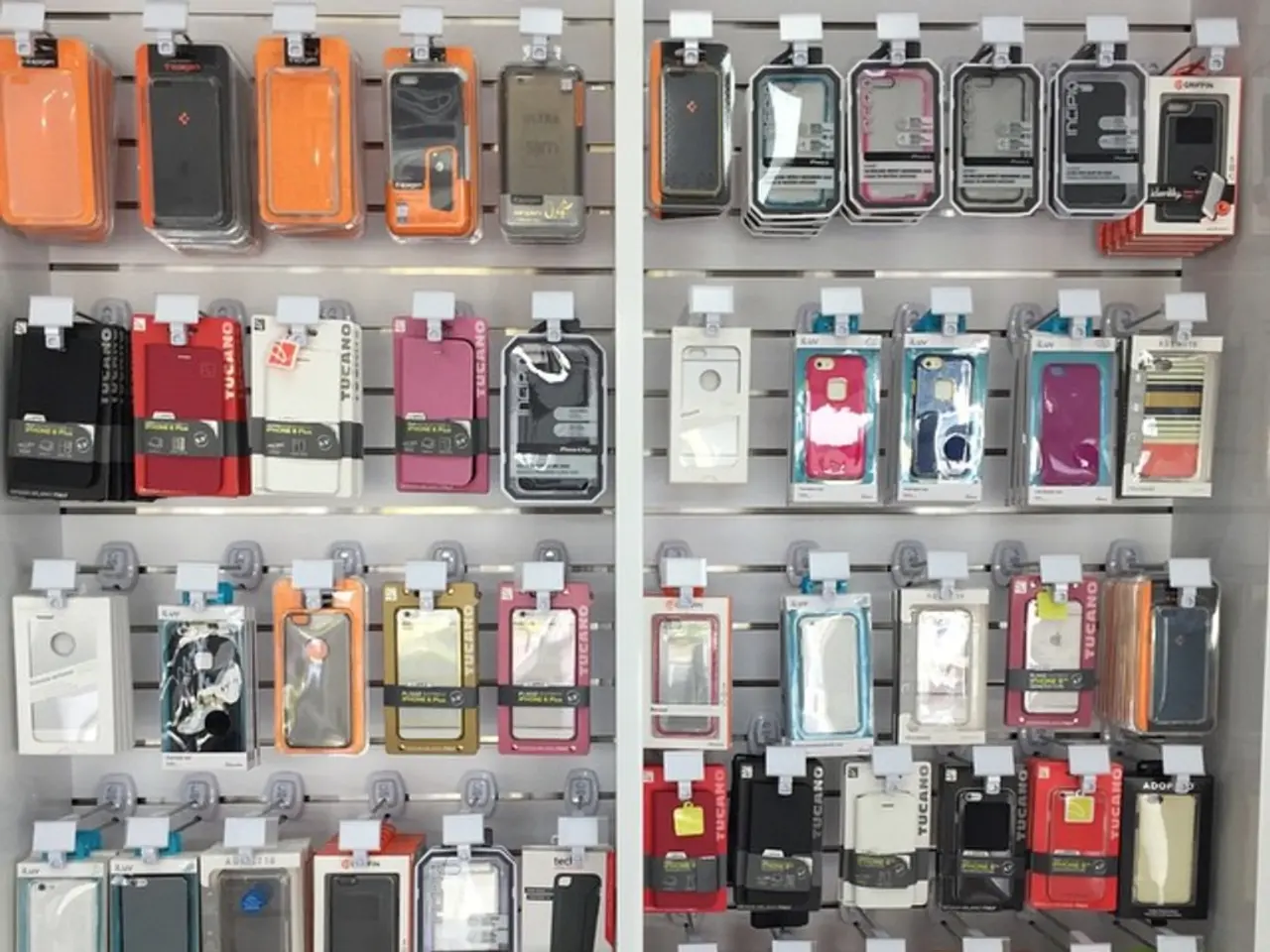Exploring the Application of Blockchain Technology in Modern Healthcare Systems
In the ever-evolving world of technology, one innovation that is making significant strides in the healthcare sector is Blockchain. This distributed ledger technology, known for its secure and decentralized nature, is being increasingly adopted in MedTech solutions to automate and improve health processes.
One of the key areas where Blockchain is making a difference is in secure patient data management. By enabling the creation of immutable, tamper-proof medical records with patient-controlled access permissions, Blockchain enhances data privacy and integrity. This is particularly important in light of the rising concern of data breaches, with over 45 million patient records affected in 2024[2][3].
Another critical application of Blockchain is in drug supply chain verification. By providing transparent, traceable supply chains, Blockchain helps prevent counterfeit medications from entering the market, ensuring medication safety.
In the realm of clinical trials, Blockchain is used to ensure that research data cannot be altered or falsified, increasing trust in trial outcomes and regulatory compliance. This transparency supports efficient and reliable clinical research.
Insurance claims processing is another area where Blockchain is making a mark. Smart contracts on blockchain platforms enable automatic verification and processing of legitimate insurance claims, reducing administrative burden, fraud, and payment delays.
Blockchain also plays a crucial role in medical device authentication, verifying the authenticity and software integrity of medical devices to prevent counterfeit or tampered devices from entering the market and ensuring patient safety.
Moreover, Blockchain is being integrated with cognitive healthcare platforms, combining AI and IoT to secure patient data collected by IoT devices. This data is then analysed by AI to provide proactive, personalized care, supporting continuous monitoring and informed medical decision-making while maintaining data security.
The adoption of Blockchain in the MedTech industry is on the rise, with about 50% of companies planning to integrate blockchain for data security by 2026[3]. This growing adoption is driven by regulatory demand for compliance with HIPAA, GDPR, and the heightened need for tamper-proof data management.
Despite challenges such as scalability, energy consumption, and the need for industry standards, Blockchain is poised to become an industry standard in healthcare data security and management over the coming years[2][3].
In summary, the core use cases of Blockchain in MedTech and healthcare today are:
| Use Case | Benefits | |------------------------------|--------------------------------------------------| | Secure Patient Records | Immutable, patient-controlled access, privacy | | Drug Supply Chain Verification| Anti-counterfeit, transparency | | Clinical Trial Data Integrity | Trustworthy, tamper-proof research data | | Insurance Claims Processing | Automated, fraud-reducing claims verification | | Medical Device Authentication| Safety by verifying device/software authenticity | | Data Security in AI/IoT Platforms | Secures patient data for predictive healthcare |
These applications collectively improve data security, operational transparency, and patient outcomes across the healthcare ecosystem[1][2][3][4]. As Blockchain continues to evolve and mature, its impact on the healthcare industry is expected to grow, offering numerous opportunities for improved well-being for individuals and addressing some of the sector's most pressing problems.
[1] "Blockchain in Healthcare Market by Component, Application, End User, and Geography - Global Forecast to 2026" - MarketsandMarkets [2] "Blockchain in Healthcare: A Review" - Journal of Medical Systems [3] "Blockchain in Healthcare: A Comprehensive Review" - Journal of Health Informatics in Developing Countries [4] "Blockchain Technology in Healthcare: Opportunities, Challenges, and Future Directions" - Journal of Medical Internet Research [5] "Blockchain in Healthcare: A Systematic Review of the Current State of the Art and Future Directions" - Journal of Biomedical Informatics
- The use of Blockchain is significantly transforming the MedTech industry, with an increasing focus on secure patient data management, offering immutable, tamper-proof medical records with patient-controlled access permissions.
- Another critical application of Blockchain is in drug supply chain verification, providing transparent, traceable supply chains to prevent counterfeit medications from entering the market, ensuring medication safety.
- In the realm of clinical trials, Blockchain is used to ensure that research data cannot be altered or falsified, increasing trust in trial outcomes and regulatory compliance.
- Smart contracts on blockchain platforms are being utilized in insurance claims processing, enabling automatic verification and processing of legitimate claims, reducing administrative burden, fraud, and payment delays.
- The integration of Blockchain with cognitive healthcare platforms is enhancing the security of patient data collected by IoT devices, allowing for proactive, personalized care while maintaining data security.
- As blockchain technology matures, it is poised to become an industry standard in healthcare data security and management, offering numerous opportunities for improved well-being for individuals and addressing some of the sector's most pressing problems.




